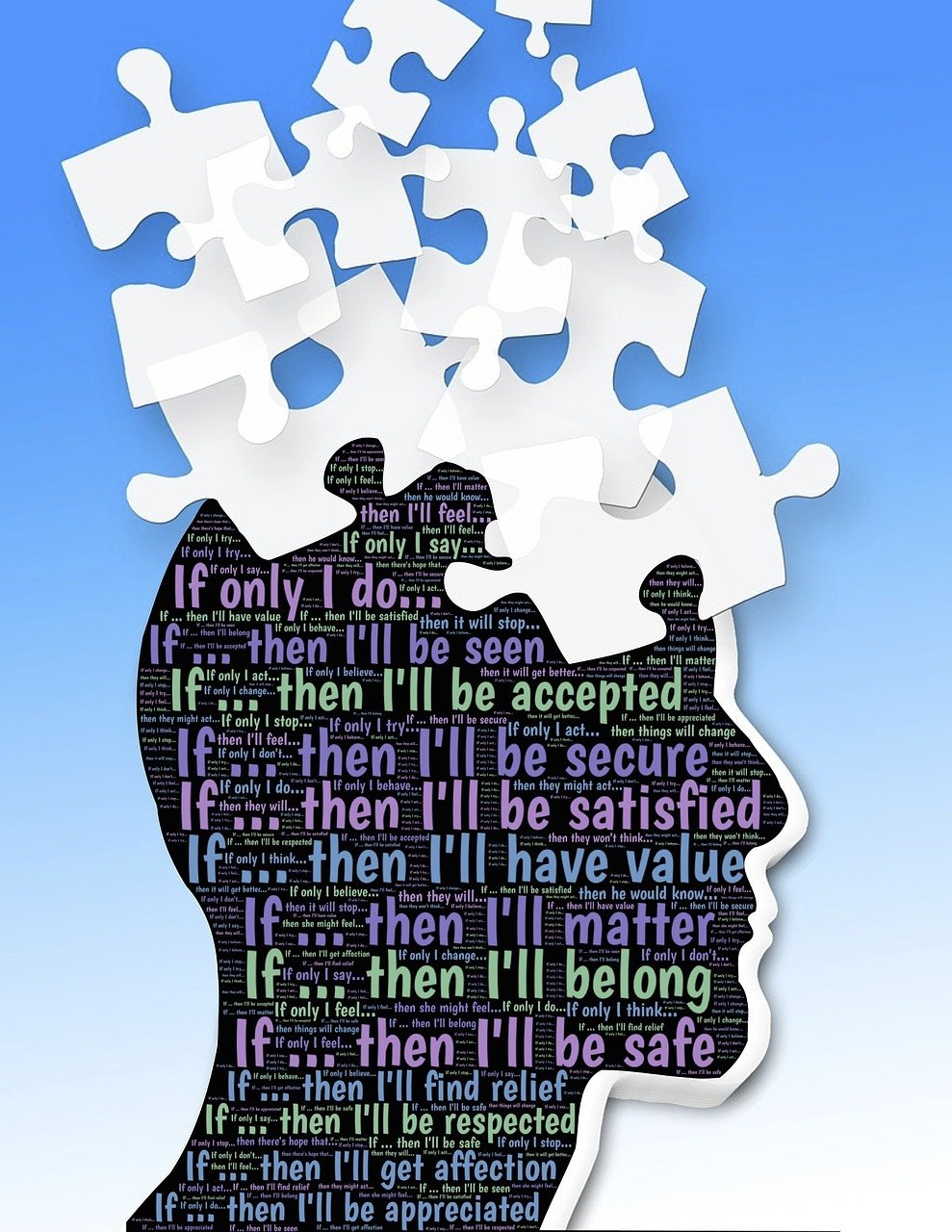Insecurity refers to a sense of doubt or apprehension regarding one’s worth or abilities. It often stems from a lack of confidence in one’s abilities, appearance, or worth. Insecurity can manifest in various ways, such as fear of judgment, comparison with others, or a sense of inadequacy.
Causes of Insecurity
- Past Experiences: Experiences like negative feedback, bullying, or trauma can contribute to the development of long-lasting insecurities.
- Comparison: Social media often exacerbates feelings of inadequacy by presenting idealized versions of others’ lives.
- Perfectionism: Setting unattainable standards can make you feel like you never measure up.
- Fear of Rejection: Worrying about what others think can create a cycle of anxiety.
Here are five common scenarios that illustrate feelings of insecurity:
1. Workplace Performance
A colleague receives praise for a successful project, while you feel your contributions go unnoticed. This leads to self-doubt about your skills and capabilities, causing anxiety about future tasks and a fear of failure.
2. Social Situations
You feel out of place at a party and worry that others are judging you. You compare yourself to others, feeling inadequate regarding social skills or appearance, which prevents you from engaging and enjoying the moment.
3. Online Presence
Scrolling through social media, you see friends showcasing their vacations, achievements, and happy moments. You start to feel insecure about your life, believing you’re not measuring up or missing out, leading to feelings of loneliness and dissatisfaction.
4. Romantic Relationships
You notice your partner interacting with someone attractive, sparking feelings of jealousy and insecurity. You start questioning your worthiness in the relationship, fearing they might prefer someone else, which can lead to unnecessary conflict.
5. Physical Appearance
Before a big event, you obsess over how you look, worrying about your outfit, weight, or features. This insecurity can lead to avoiding the event altogether or feeling uncomfortable and anxious if you decide to go.
These scenarios reflect how insecurity can affect various aspects of life, often leading to anxiety, avoidance, and negative self-perception. Recognizing these feelings is the first step toward addressing and overcoming them.
How to Overcome Insecurity?
- Self-Awareness: Acknowledge your feelings. Understand what triggers your insecurities and reflect on why you feel that way.
- Challenge Negative Thoughts: Transform negative self-talk into positive affirmations. Focus on your strengths and accomplishments.
- Set Realistic Goals: Break tasks into manageable steps. Celebrate small achievements to build confidence.
- Limit Social Media Use: Reduce time spent comparing yourself to others. Curate your feeds to include positive influences.
- Practice Self-Compassion: Treat yourself with kindness. Recognize that everyone has insecurities and flaws.
- Seek Support: Talk to friends, family, or a therapist. Sharing your feelings can help you gain perspective.
- Engage in Activities You Enjoy: Pursuing hobbies and interests can boost your confidence and provide a sense of accomplishment.
- Focus on Growth: View challenges as opportunities for learning rather than threats to your self-worth.
Overcoming insecurity is a gradual process, and it’s okay to seek help along the way. Building self-esteem takes time, but with patience and effort, it is achievable.



